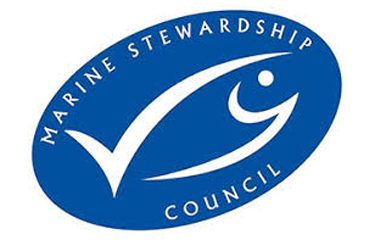The Marine Stewardship Council (MSC) has initiated a 60-day public review of its proposed updates to the MSC fisheries standard, with stakeholders having until 4 April to review and provide feedback.
More than 446 fisheries, representing about 17 percent of the global wild marine harvest, are certified to the MSC fisheries standard – which is regularly reviewed for best practices in fisheries management. The current fisheries standard review began in 2018, and has included the participation of over 1,000 stakeholders. The draft standard has been approved by the MSC’s board of trustees and is now moving into the final stage of public review.
“The past 30 years have seen significant strides made in sustainable fishing. New science, technology, and regulation have transformed the way we fish and manage our ocean resources. Yet overfishing and the deterioration of our oceans continue,” MSC Chief Science and Standards Officer Rohan Currey said.
The draft standard proposals focus on making improvements to four key areas identified in the initial rounds of consultation. There are new requirements on endangered, threatened, and protected (ETP) species, including a new method for classifying species to create more-targeted protection, with the expectation that the fishery will work to eliminate or minimize impacts on such species. Shark finning is already prohibited in MSC-certified fisheries, but all fisheries retaining sharks will be required to have a fins-naturally-attached policy, with no exceptions.
New requirements for lost or discarded fishing gear at sea are also included in the draft, with the goal of compelling fisheries to implement management measures that prevent the loss of fishing gear and minimize the impacts when gear is lost or discarded. Overall, the complexity of the standard is also being reduced where possible to attain the same level of performance with simpler language to reduce ambiguity and reduce the number of indicators fisheries are assessed against, MSC said.
“Today’s announcement is the culmination of hundreds of contributions from scientists, fisheries experts, conservationists, businesses, governments, and many others,” Currey said. “We are hugely grateful to all those who have provided input and insight into the review so far. We look forward to receiving feedback.”
The full draft of the MSC fisheries standard is online and there is a public webinar, with the MSC’s fisheries standard team explaining the changes on 15 February. The MSC Board of Trustees will make the final decisions on the new standard in June 2022.
Currey predicted the next eight years will see a drive to improve the understanding and management of the world’s oceans, inspired the U.N. Sustainable Development Goals and Decade of Ocean Science.
“The new MSC fisheries standard will be instrumental in delivering this change,” Currey said. “By distilling science, knowledge, and best practice into a tangible set of requirements for fisheries, this standard provides one of the most-powerful tools we have to ensure a sustainable future for our fisheries and oceans.”






